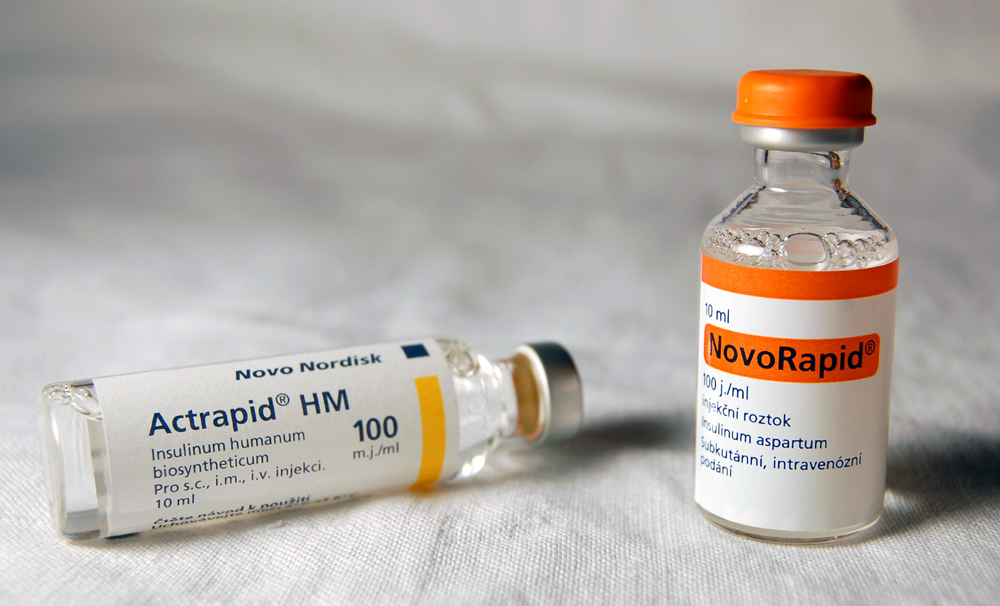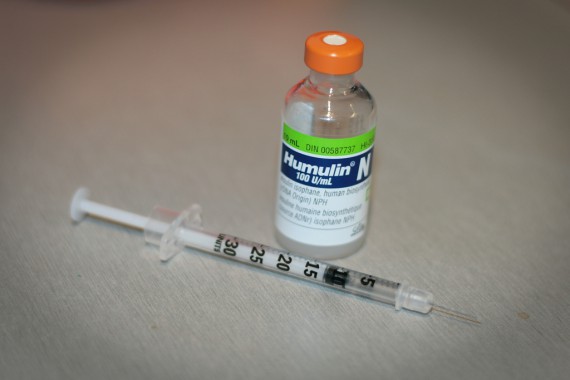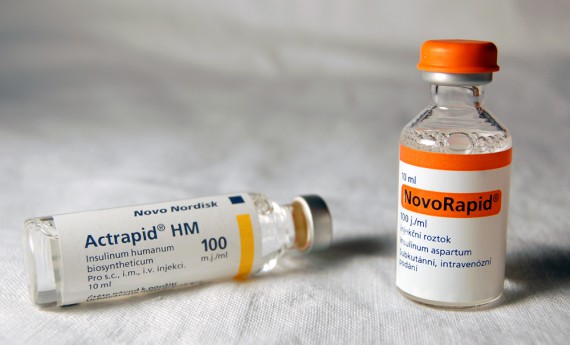
Insulin, by itself, is not an effective anabolic. (If it were, diabetics would be huge.) Insulin, in combination with anabolic steroids and resistance exercise, may trigger maturation of satellite cells (small, more or less useless cells that are held in reserve, which do not contribute to muscular strength) into mature muscle cells. The advanced steroid user may have plateaued in that respect, and adding insulin can give new gains.
I don’t think anyone knows whether short or long acting is more effective for building muscle. They seem to be about equally effective. A problem with long acting appears if it would continue acting while asleep: one might die if insufficient carbohydrates had been taken.


About the author
Bill Roberts is an internationally-recognized expert on anabolic steroids and performance-enhancing drugs (PEDs). He received a bachelor degree in Microbiology and Cell Science and completed the educational and research requirements for a PhD in Medicinal Chemistry at a major American university.
Bill entered the nutritional supplement industry prior to completing his doctoral thesis but his education was invaluable so far as being able to design/improve nutritional supplement compounds, since it was in the field of designing drug molecules and secondarily some work in transdermal delivery.
His education was not specifically "geared" toward anabolic steroids other than expertise with pharmacological principles having broad applications. This has allowed Bill to provide unique insight into the field of anabolic pharmacology with knowledge of points which he would not have known otherwise.